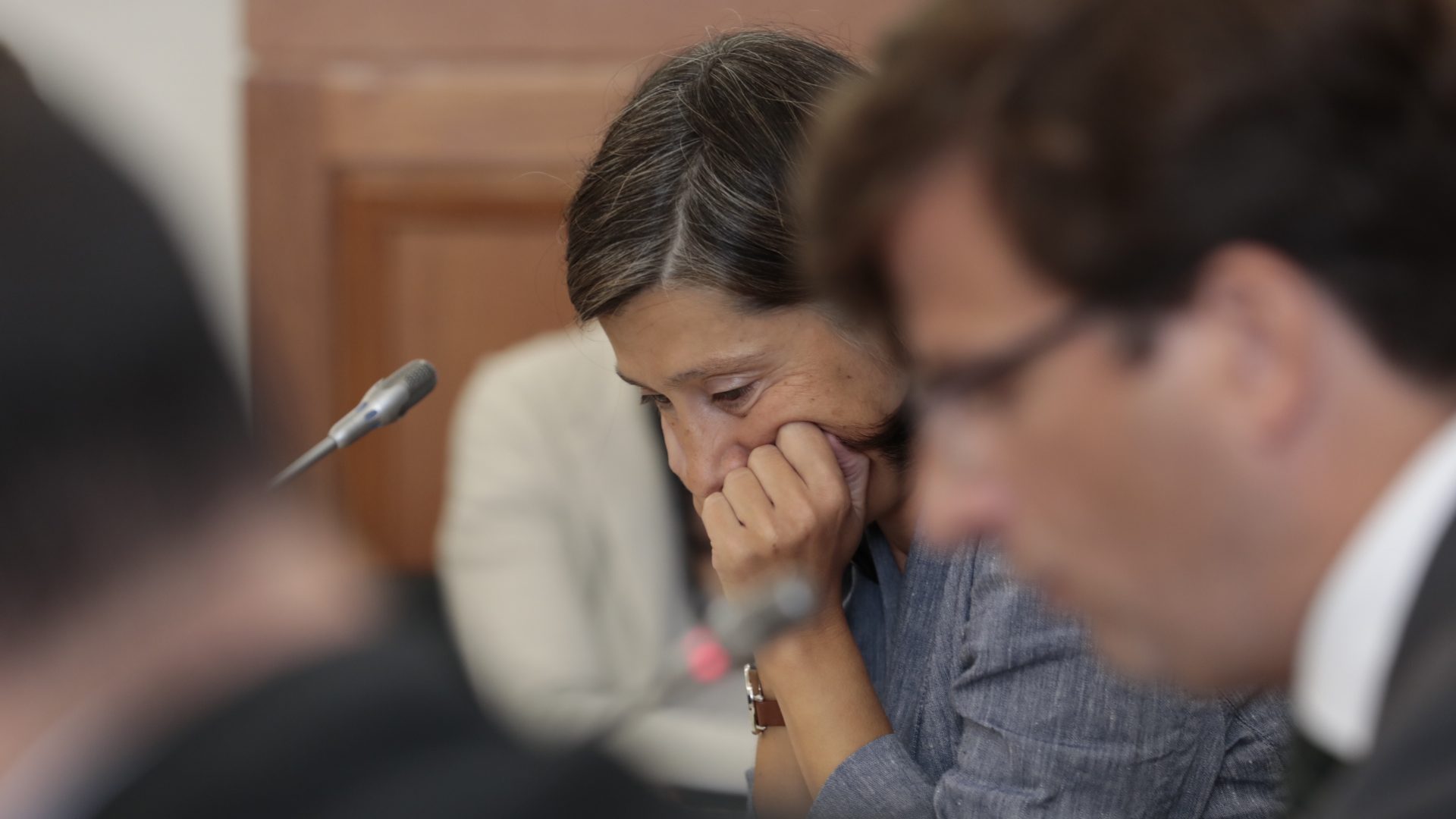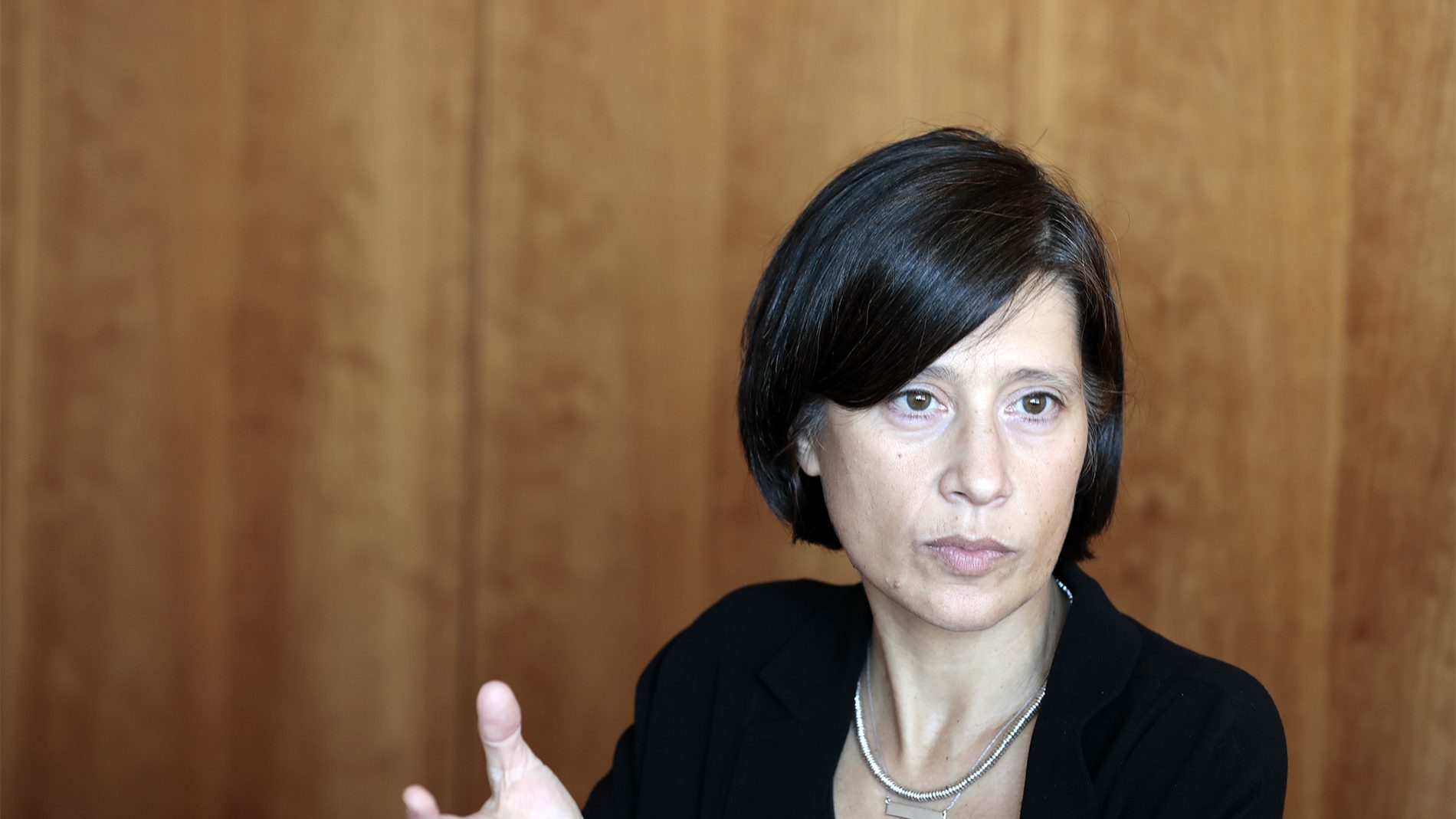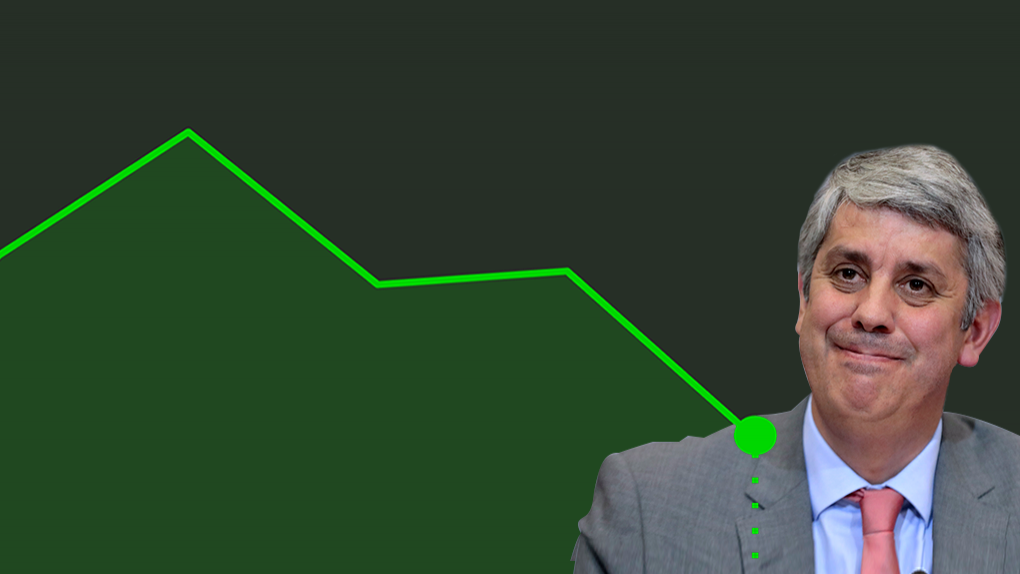Portugal starts the year with the most negative interest ever in a short-term debt auction
In the first debt auction of 2018, Cristina Casalinho had every reason to smile. IGCP raised 1,750 million euros in short-term debt with the most negative interests ever.
New Year, smaller interests. In the first short-term debt auction of 2018, Portugal was able to get the most negative rates ever. 1,750 million euros were raised by means of two Treasury bills maturing in six and twelve months, with negative interests of -0.425% and -0.398%, respectively.
The Government continues to enjoy excellent financing conditions in the market, a scenario that comes from a larger optimism from investors about the country and also from the external context of the European Central Bank (ECB) still acting on the debt market.
In this scenario, after a positive issuance of 4,000 million euros in ten-year bonds through a banking syndicate, IGCP had, this Wednesday, the first test in the primary market — and it passed with distinction. Both auctions had record negative rates, even though demand was less robust than in the last comparable issuance.
The agency headed by Cristina Casalinho raised the maximum amount foreseen: 1,750 million euros. In the six-months line, it raised 500 million euros. The remaining 1,250 were raised by means of 12-months Treasury bills.
Short-term auction with negative record rates

“We had never been able to issue short-term debt with such negative rates. It is great news, because it means there is a reduction in the financing costs of the country”, states Filipe Silva, assets manager in Banco Carregosa. “We benefit from a favorable conjuncture in the past months, from the increase in the ratings to a reduction in spreads”, he further explained.
Debt auctions will have a zero contribution to the State’s net financing of 2018. This means that Portugal will issue short-term securities just to reimburse bills throughout the year.
Last year, new debt was issued with an average interest rate of 2.6%, which allowed for a reduction on the total cost of debt from 3.2% to 3%, the smallest of the decade.
"We had never been able to issue short-term debt with such negative rates. It is great news, because it means there is a reduction in the financing costs of the country. We benefit from a favorable conjuncture in the past months, from the increase in the ratings to a reduction in spreads.”




